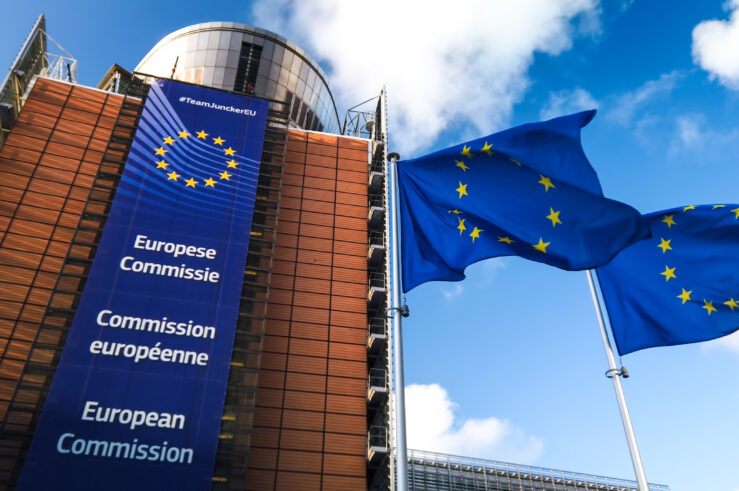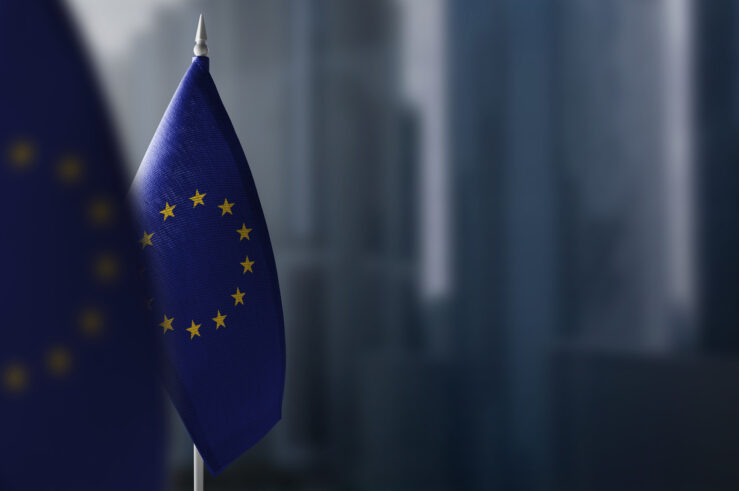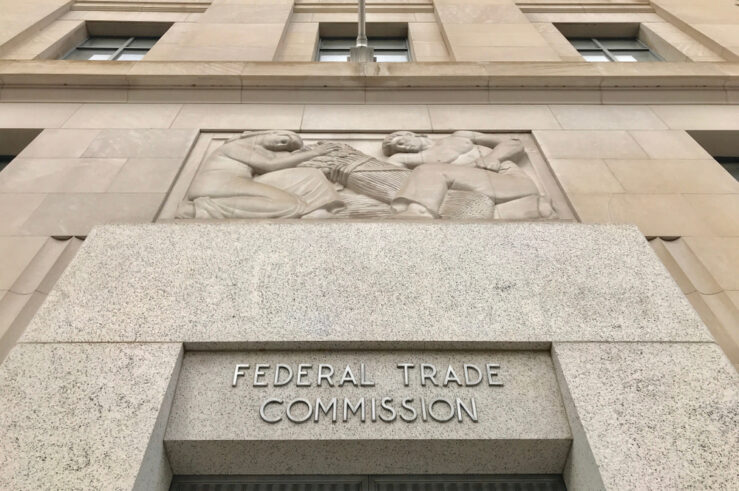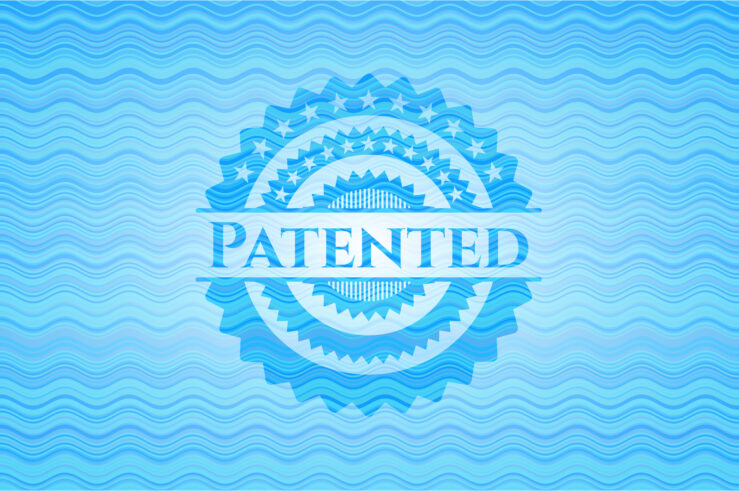Showing archive for: “Efficiencies”
European Commission’s Leaked SEP Regulation Would Increase Costs for Innovators, Hurt EU Competitiveness, and Fail to Reduce Litigation
The European Commission is working on a legislative proposal that would regulate the licensing framework for standard-essential patents (SEPs). A regulatory proposal leaked to the press has already been the subject of extensive commentary (see here, here, and here). The proposed regulation apparently will include a complete overhaul of the current SEP-licensing system and will ... European Commission’s Leaked SEP Regulation Would Increase Costs for Innovators, Hurt EU Competitiveness, and Fail to Reduce Litigation
Biweekly FTC Roundup: Antitrust Woodstock Edition
Last week’s roundup was postponed because I was kibbitzing at the spring meeting of the American Bar Association (ABA) Antitrust Section. For those outside the antitrust world, the spring meeting is the annual antitrust version of Woodstock. For those inside the antitrust world: Antitrust Woodstock is not really a thing. At the planetary-orbit level, the ... Biweekly FTC Roundup: Antitrust Woodstock Edition
What the European Commission’s More Interventionist Approach to Exclusionary Abuses Could Mean for EU Courts and for U.S. States
The European Commission on March 27 showered the public with a series of documents heralding a new, more interventionist approach to enforce Article 102 of the Treaty on the Functioning of the European Union (TFEU), which prohibits “abuses of dominance.” This new approach threatens more aggressive, less economically sound enforcement of single-firm conduct in Europe. ... What the European Commission’s More Interventionist Approach to Exclusionary Abuses Could Mean for EU Courts and for U.S. States
Is the FTC Threatening Efficient Franchise Relationships?
Franchising plays a key role in promoting American job creation and economic growth. As explained in Forbes (hyperlinks omitted): Franchising as a business institution is oriented toward reducing economic inefficiencies in commercial relationships. Specifically, economic analysis reveals that it is a potential means for dealing with opportunism and cabining transaction costs in vertical-distribution contracts. In ... Is the FTC Threatening Efficient Franchise Relationships?
No, Mergers Are Not Like ‘The Ultimate Cartel’
There is a line of thinking according to which, without merger-control rules, antitrust law is “incomplete.”[1] Without such a regime, the argument goes, whenever a group of companies faces with the risk of being penalized for cartelizing, they could instead merge and thus “raise prices without any legal consequences.”[2] A few months ago, at a ... No, Mergers Are Not Like ‘The Ultimate Cartel’
Killer Acquisition or Leveling Up: The Use of Mergers to Enter Adjacent Markets
In the world of video games, the process by which players train themselves or their characters in order to overcome a difficult “boss battle” is called “leveling up.” I find that the phrase also serves as a useful metaphor in the context of corporate mergers. Here, “leveling up” can be thought of as acquiring another ... Killer Acquisition or Leveling Up: The Use of Mergers to Enter Adjacent Markets
7 Top Takeaways from the 2nd Annual Mercatus Antitrust Forum
At the Jan. 26 Policy in Transition forum—the Mercatus Center at George Mason University’s second annual antitrust forum—various former and current antitrust practitioners, scholars, judges, and agency officials held forth on the near-term prospects for the neo-Brandeisian experiment undertaken in recent years by both the Federal Trade Commission (FTC) and the U.S. Justice Department (DOJ). ... 7 Top Takeaways from the 2nd Annual Mercatus Antitrust Forum
The FTC’s NPRM on Noncompete Clauses: Flirting with Institutional Crisis
The Federal Trade Commission’s (FTC) Jan. 5 “Notice of Proposed Rulemaking on Non-Compete Clauses” (NPRMNCC) is the first substantive FTC Act Section 6(g) “unfair methods of competition” rulemaking initiative following the release of the FTC’s November 2022 Section 5 Unfair Methods of Competition Policy Statement. Any final rule based on the NPRMNCC stands virtually no ... The FTC’s NPRM on Noncompete Clauses: Flirting with Institutional Crisis
Brussels Effect or Brussels Defect: Digital Regulation in Emerging Markets
The blistering pace at which the European Union put forward and adopted the Digital Markets Act (DMA) has attracted the attention of legislators across the globe. In its wake, countries such as South Africa, India, Brazil, and Turkey have all contemplated digital-market regulations inspired by the DMA (and other models of regulation, such as the ... Brussels Effect or Brussels Defect: Digital Regulation in Emerging Markets
Biweekly FTC Roundup: Grail-Shaped Beacon Edition
The lame duck is not yet dead, and the Federal Trade Commission (FTC) is supposed to be an independent agency. Work continues. The Commission has announced a partly open oral argument in the Illumina-Grail matter. That is, parts of the argument will be open to the public, via webcast, and parts won’t. This is what’s ... Biweekly FTC Roundup: Grail-Shaped Beacon Edition
Patent Pools, Innovation, and Antitrust Policy
Late last month, 25 former judges and government officials, legal academics and economists who are experts in antitrust and intellectual property law submitted a letter to Assistant Attorney General Jonathan Kanter in support of the U.S. Justice Department’s (DOJ) July 2020 Avanci business-review letter (ABRL) dealing with patent pools. The pro-Avanci letter was offered in ... Patent Pools, Innovation, and Antitrust Policy
The New FTC Section 5 Policy Statement: Full of Sound and Fury, Signifying Nothing?
The Federal Trade Commission’s (FTC) Nov. 10 Policy Statement Regarding the Scope of Unfair Methods of Competition Under Section 5 of the Federal Trade Commission Act—adopted by a 3-1 vote, with Commissioner Christine Wilson issuing a dissenting statement—holds out the prospect of dramatic new enforcement initiatives going far beyond anything the FTC has done in ... The New FTC Section 5 Policy Statement: Full of Sound and Fury, Signifying Nothing?
















